From stomachaches to uncontrollably itchy hives, lactose intolerance has caused some pretty serious issues for a lot of people. Now, there’s a new issue on the horizon — the $1 add-on charge for milk substitutions.
Several Dunkin’ customers who are lactose intolerant have banded together to launch a class action against the chain, claiming discrimination and higher prices. Here’s what we know.
What Do We Know About the Logistics of the Lawsuit?

At the time of this publication, FOX 26 reports 10 plaintiffs have joined the class action — and all of them allegedly have been impacted by the increased alternative milk fees.
The class action covers dates beginning in 2018 to present day. The current accusation that the class action is petitioning the court for is on the basis of discrimination.
How Much Is the Dunkin’ Class Action Lawsuit Worth? And How Are Alternative Milk Charges Discriminatory?
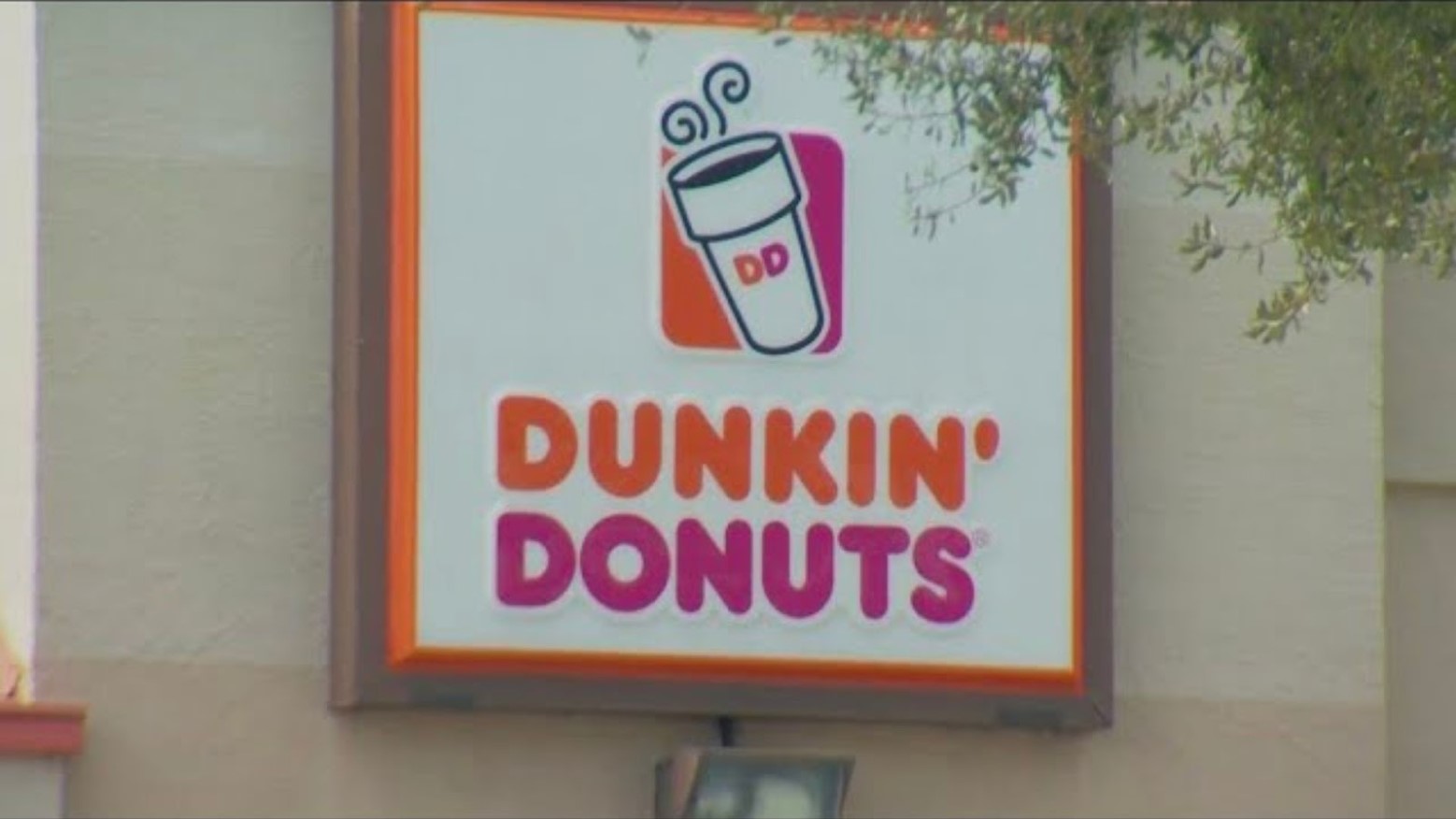
The Dunkin’ class action lawsuit is currently worth $5 million dollars, and built on claims of discrimination due to higher pricing for alternative milks.
The primary argument, according to MSN, is that those living with lactose intolerance or related conditions have no control over their medical constitution. And that they shouldn’t be charged more for modifying the product to be safe for their consumption.
How Expensive Are Milk Fees, Anyway?
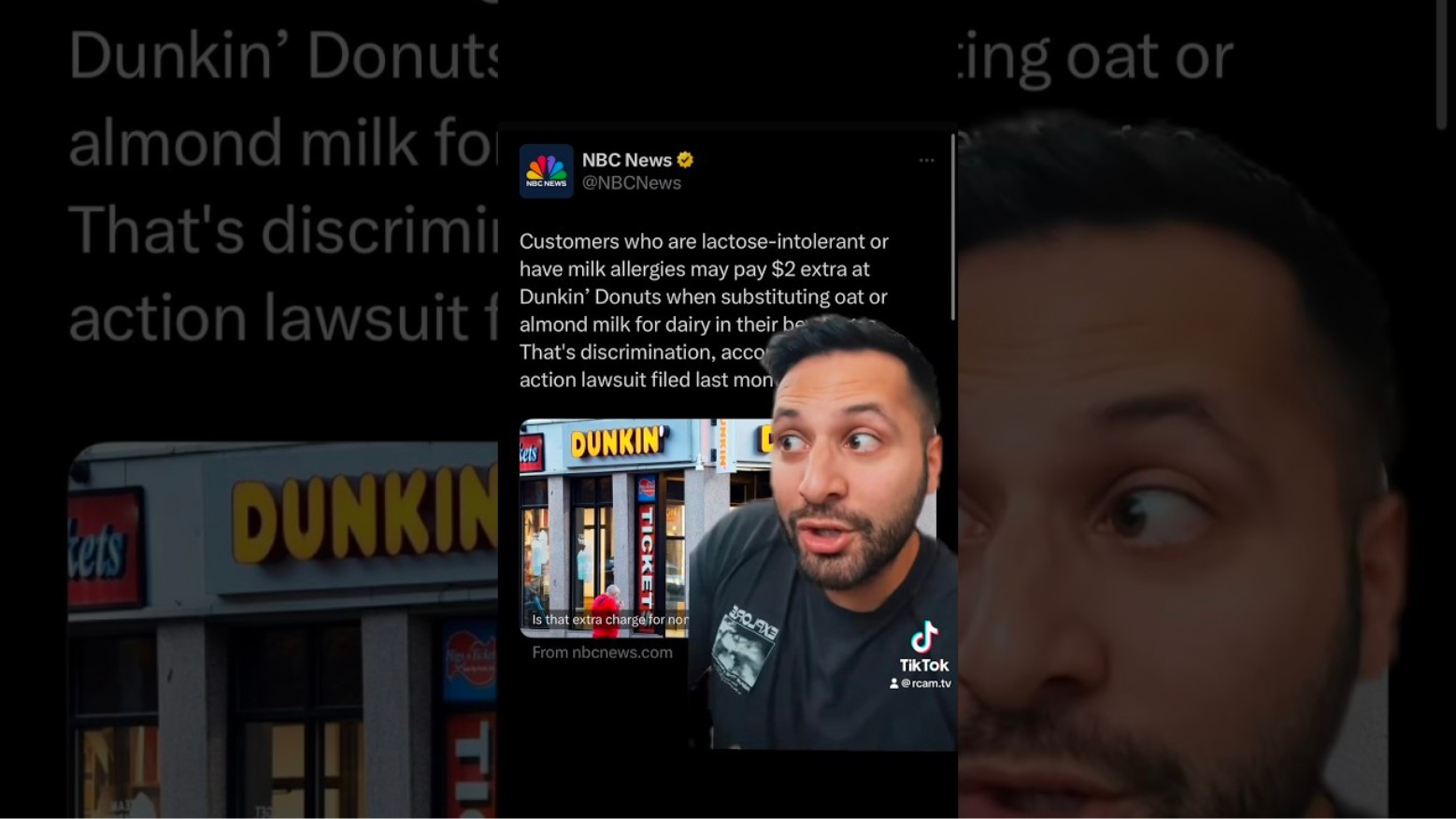
On average, plant-based milk costs about $7.87 per gallon in the grocery store. This is slightly more expensive than the average $4.21 per gallon of cow’s milk.
Per the class action documentation, Dunkin’ attempted to recount these fees, charging between $0.10-$2.15 per client to make up for the non-dairy milk costs
Not Just Coffee
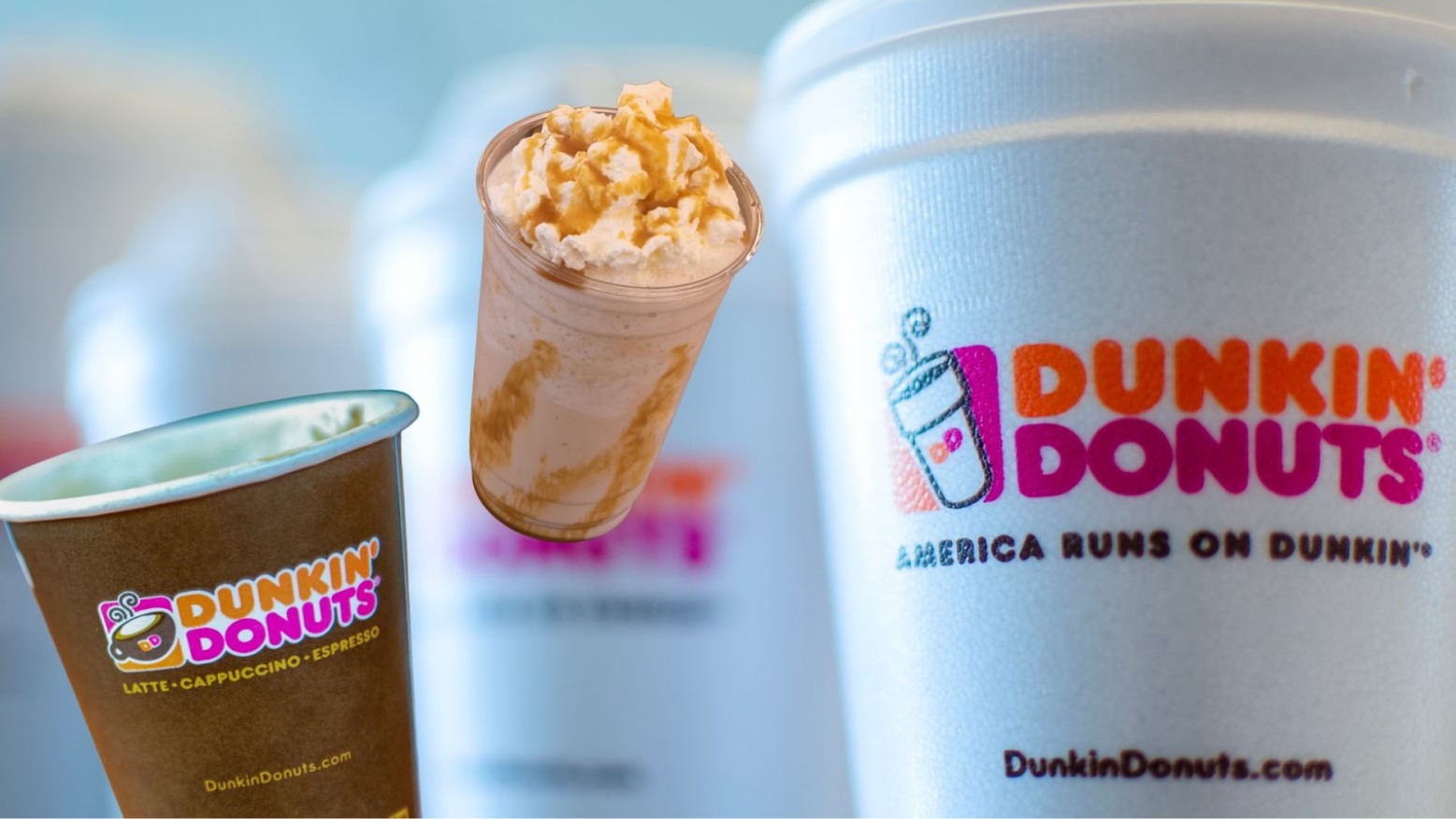
These charges weren’t exclusive to coffee, instead extending toward everything lactose intolerant customers ordered.
Orders that were affected by these surcharges for plant-based milks included teas, coffees, and alternative drinks — and alternative milks provided were popular non-dairy options (such as almond, coconut, soy, and oat).
Does This Class Action Have Legs to Stand On?

While this question is subjective, MSN posits both sides of the argument: While it’s medically necessary for the plaintiffs to drink milk, the business will incur higher costs by providing the milk alternatives for free.
How? Many who are not intolerant prefer the taste and feel of different milks, and may see the lack of surcharge as an opportunity to consume more.
How Necessary Are Alternative Milks for Lactose Intolerant Folks, Really?

While many might see lactose intolerance as an inconvenience, it can be debilitating if milk sneaks in. Common symptoms associated with the condition include vomiting and inflammation, as well as others.
Others can include stomach pain, bowel irregularities, bloating, and hives. This would cause more than a simple inconvenience to many, instead impacting one’s quality of life.
An Evaluation: “But What about the Other Folks?”
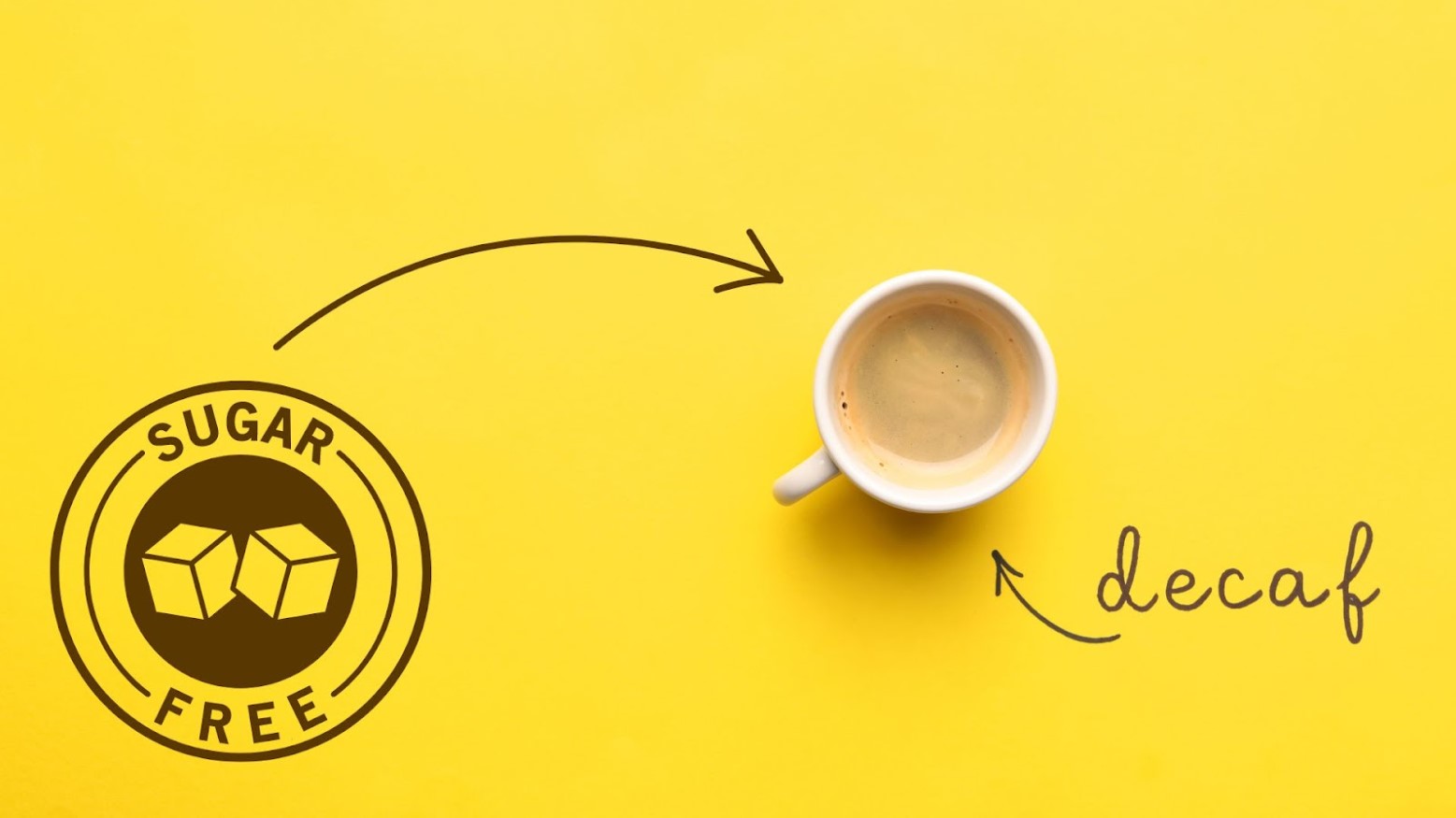
While the original argument states that providing alternative milks could cost a company more, the lawsuit points out that other medically necessary changes are made for free each day.
Specifically named changes include making caffeine-free drinks vs. caffeine-full drinks for those with hypertension or heart conditions. Additionally, swaps between sugar and sugar-free syrups were called out for those with diabetes.
An Explanation: The Mysterious Defendant Surcharge
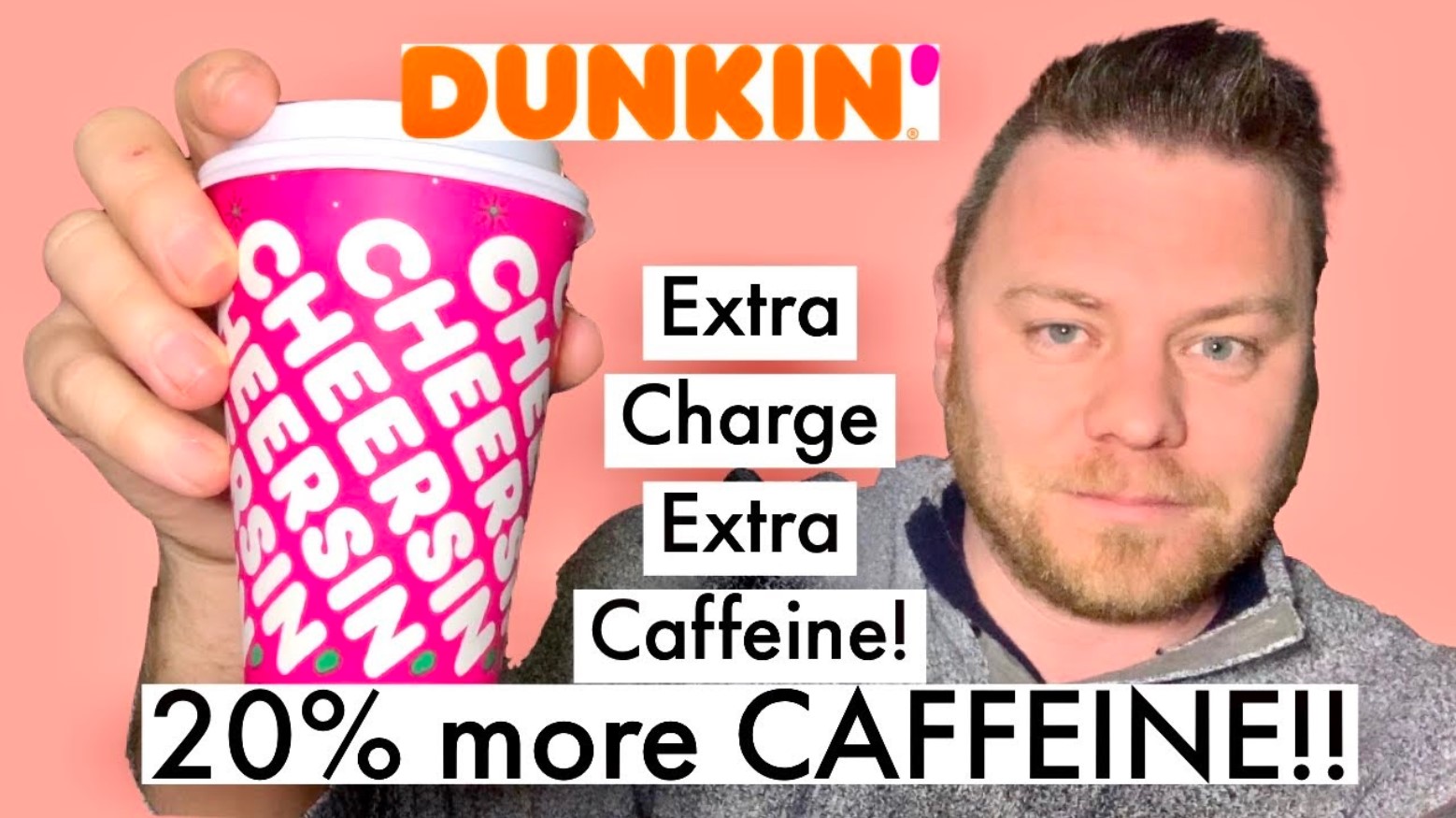
MSN highlights a portion of the class action that many have taken pause with, stating that there “isn’t a distinction among the costs of various different non-dairy alternatives.”
MSN goes on to quote the suit, stating that, “Dunkin created a separate, higher-priced menu, aimed at customers who cannot ingest milk.”
Disability or Not a Disability? Will the Courts Decide?
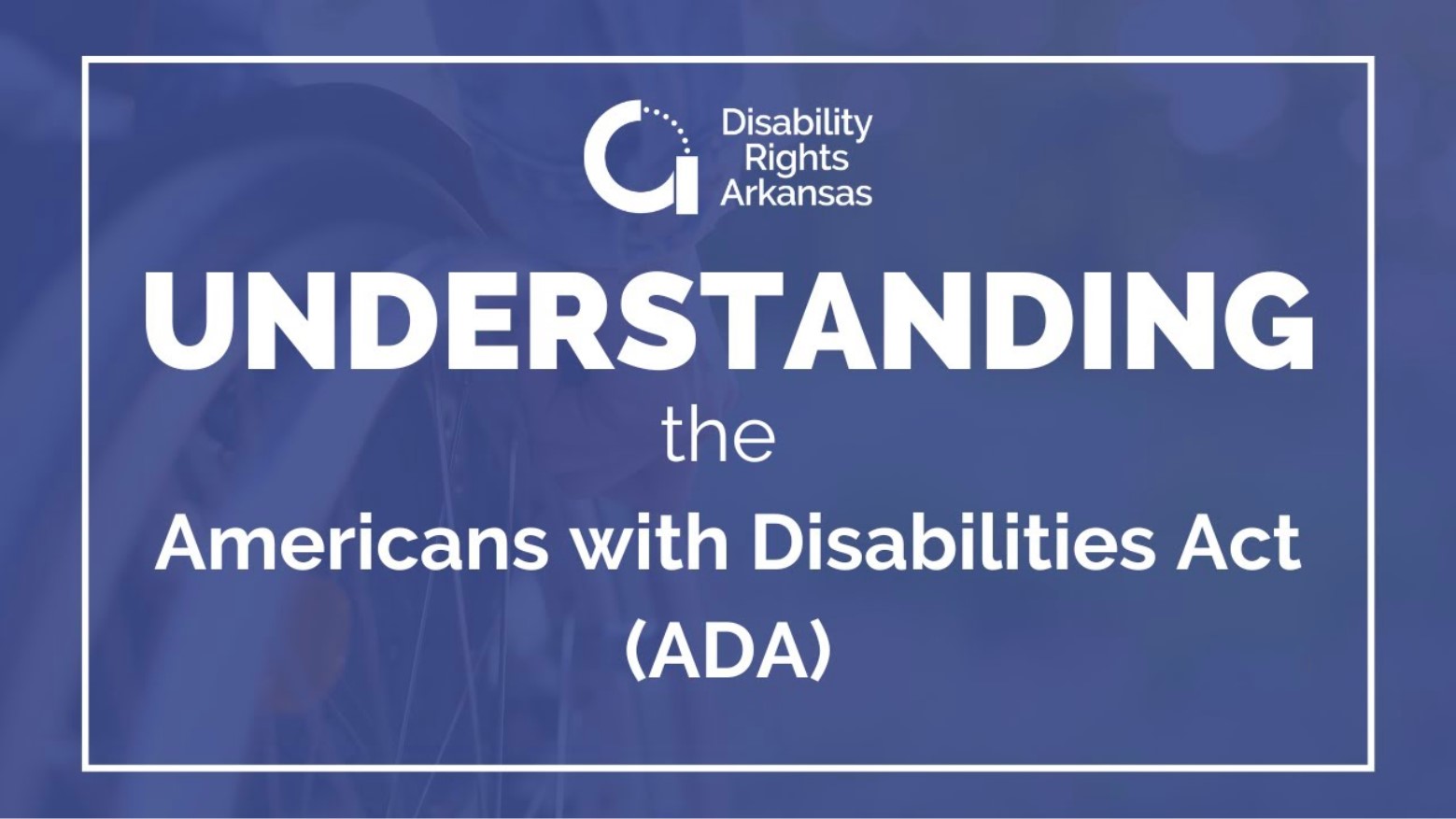
The class action asserted that those living with lactose and milk allergies and intolerances are experiencing a true disability.
As a result, lawyers arguing on the plaintiff’s behalf are attempting to build their argument on the belief that Dunkin’ has “violat[ed] the Americans with Disabilities Act,” per MSN. This argument could give them the basis for discrimination.
What Else Do We Know about the Lawsuit?
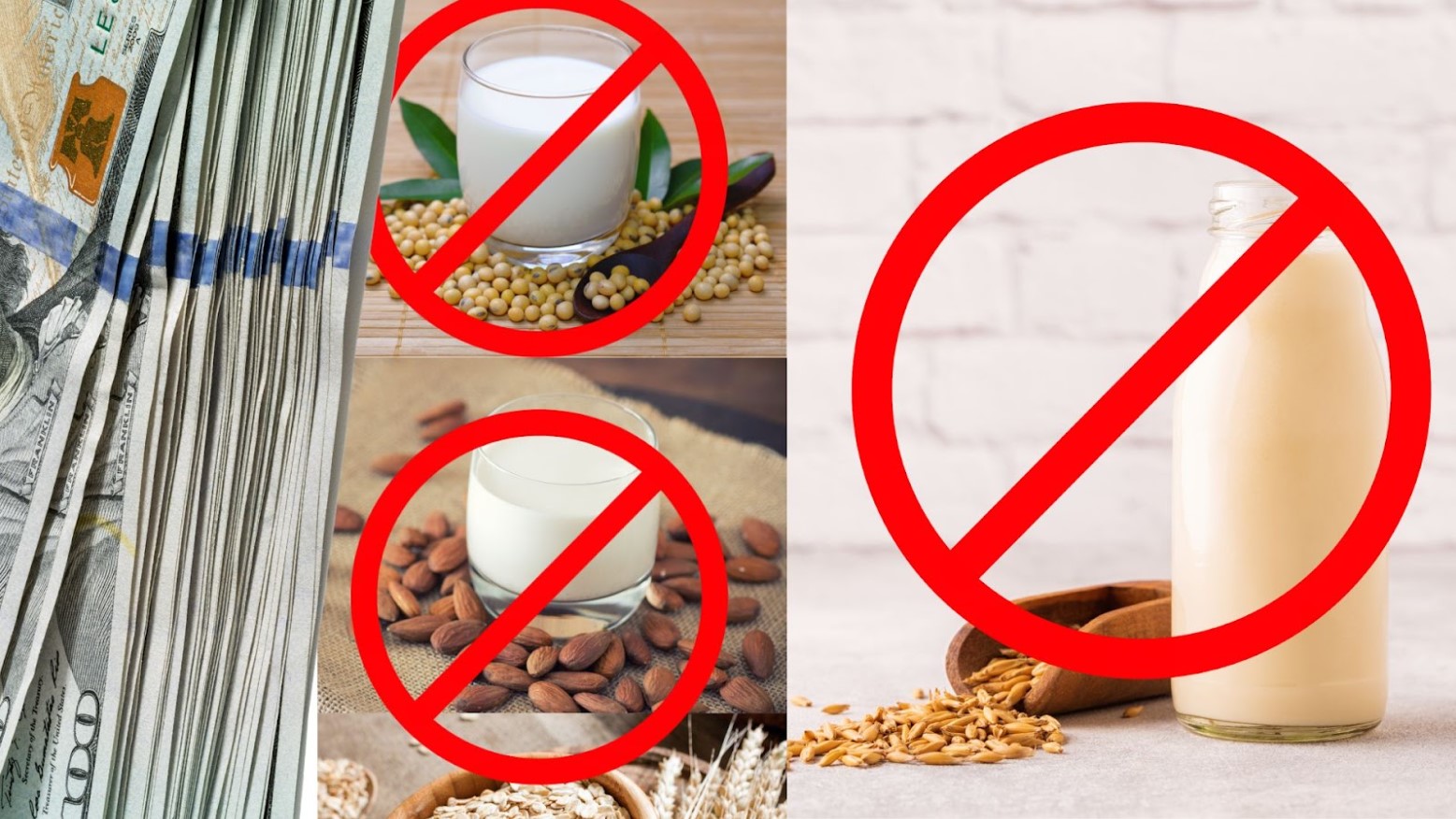
The plaintiffs are also attempting to find both injunctive and declaratory relief, ensuring that Dunkin’, the defendant, cannot continue to charge lactose intolerant customers going forward.
This proposed bar on costs would be associated with all non-dairy alternatives, including lactose-free milk, soy, almond, coconut, and oat.
Has This Happened to Any Other Coffee Chain?
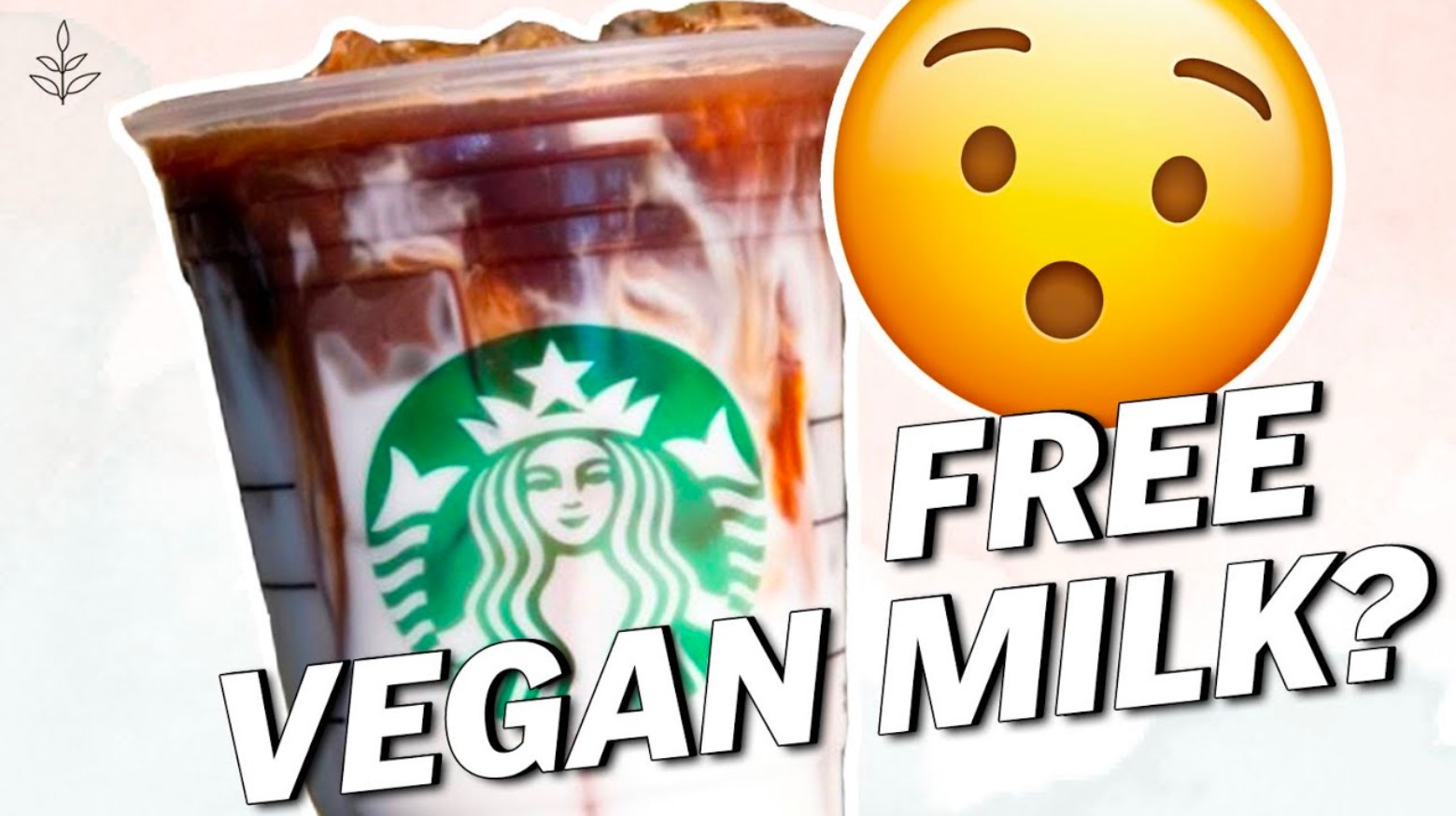
MSN notes that coffee giant Starbucks has also had similar complaints, starting in 2020 with their alternative milk “tax.” This tax would mean an additional fee for anyone looking for alt milks for ethical or medical reasons.
PETA and vegans led the charge to remove this, and the chain did — across Europe — but not in the United States.
